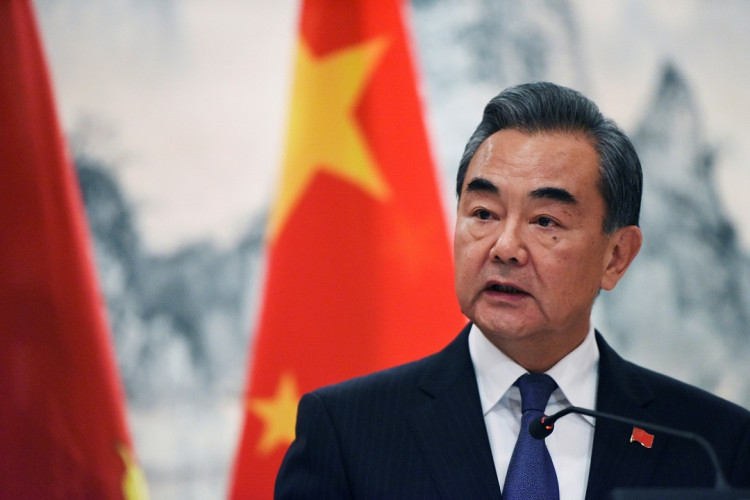China and Egypt have called for peace and a political resolution in Syria following the stunning collapse of Bashar al-Assad's government and the rise of a new Islamist-led coalition in Damascus. The developments have intensified geopolitical tensions, with China balancing its calls for stability against new threats from Uyghur rebel groups involved in Syria's transformation.
Chinese Foreign Minister Wang Yi met with his Egyptian counterpart, Badr Abdelatty, in Beijing on Friday. The diplomats expressed shared concerns over Syria's future and the broader implications for the Middle East. "The future of Syria should be decided by the Syrian people," said Chinese Embassy spokesperson Liu Pengyu. Wang emphasized the need for a "new sustainable Middle East security framework" while praising a recent ceasefire agreement between Israel and Lebanon.
The situation in Syria has dramatically shifted following an 11-day offensive led by an Islamist coalition, including the Turkestan Islamic Party (TIP), which ousted Assad and ended his family's decades-long autocratic rule. Abdelatty stressed the importance of an inclusive political transition, reflecting Syria's diverse ethnic and religious composition. They discussed "managing a transitional phase that does not exclude anyone and reflects the sectarian, religious, ethnic and racial diversity within Syria," Abdelatty noted.
The collapse of Assad's government has implications beyond Syria's borders. The Turkestan Islamic Party, a Uyghur militant group linked to Al-Qaeda, played a pivotal role in the recent offensive. With its fighters now parading through Damascus, the group has issued direct threats against China, vowing to escalate its campaign to establish an Islamist Uyghur separatist state in Xinjiang.
TIP leader Sheikh Abdul Haq al-Turkestani issued a statement last week declaring, "With the permission of God, his power and strength, the Chinese infidels will soon taste the same torment that the infidels in the Levant tasted." These threats come as Beijing faces rising militant activity in Asia, including from other groups like the Islamic State Khorasan (ISIS-K) in Afghanistan.
China, which has invested heavily in building ties across the Middle East, is treading cautiously. Beijing has maintained relationships with both the Assad regime and the Islamist coalition now in power. Analysts suggest this pragmatic approach allows China to protect its strategic and economic interests in the region while navigating sensitive security concerns.
The Turkestan Islamic Party's success in Syria follows its involvement in Afghanistan, where it supported the Taliban's two-decade campaign to oust the U.S.-backed government. TIP fighters, now battle-hardened from conflicts in both regions, could pose a greater challenge to China's internal security if they shift their focus back to Xinjiang.
"The TIP has achieved its two short-term objectives in Afghanistan and Syria," said Riccardo Valle, a research analyst with The Khorasan Diary. "They've built a powerful force of several hundred, if not thousands, of experienced militants. The question is what comes next."
At home, China has largely avoided large-scale violence since launching its "Strike Hard Campaign Against Violent Terrorism" in Xinjiang over a decade ago. However, its policies in the region have drawn international criticism, including accusations of human rights abuses and mass detentions of Uyghurs-charges Beijing has consistently denied.
The implications of Syria's upheaval also extend to the United States. The State Department still designates the Turkestan Islamic Party as a terrorist organization, linking it to Al-Qaeda despite TIP's claims of distinct objectives. Washington, which supported rebel groups against Assad in the early stages of Syria's civil war, now faces a diplomatic dilemma as it balances counterterrorism priorities with geopolitical rivalries in the region.
Meanwhile, the Taliban's stance on TIP activity could influence Beijing's next steps. China has engaged with the Taliban on trade and security issues, aiming to mitigate threats from militants operating near its borders.






